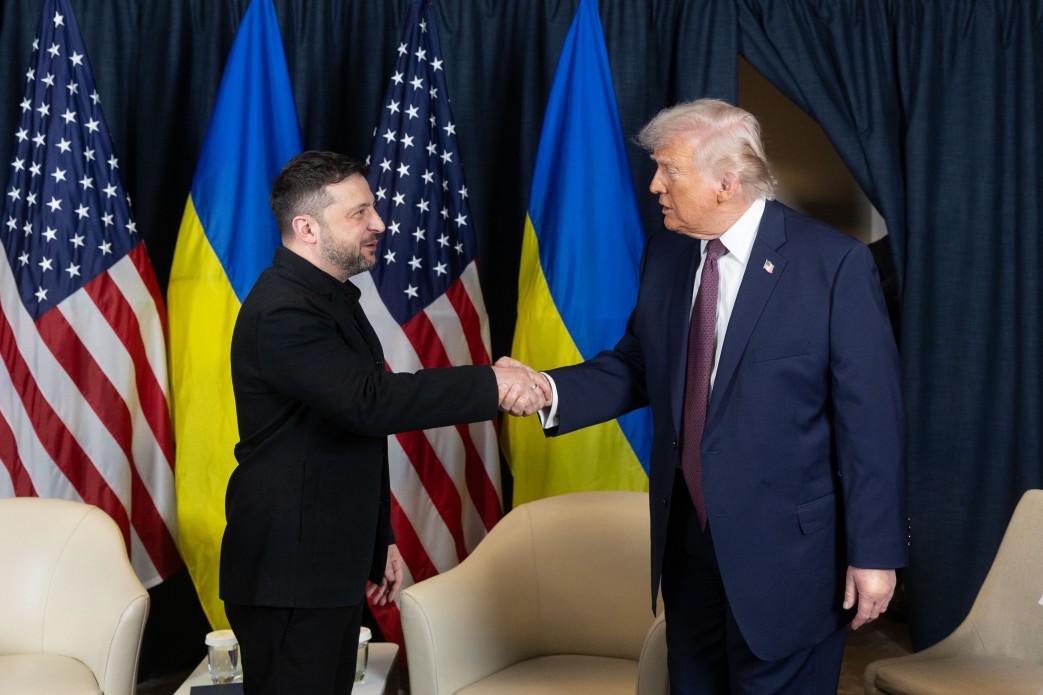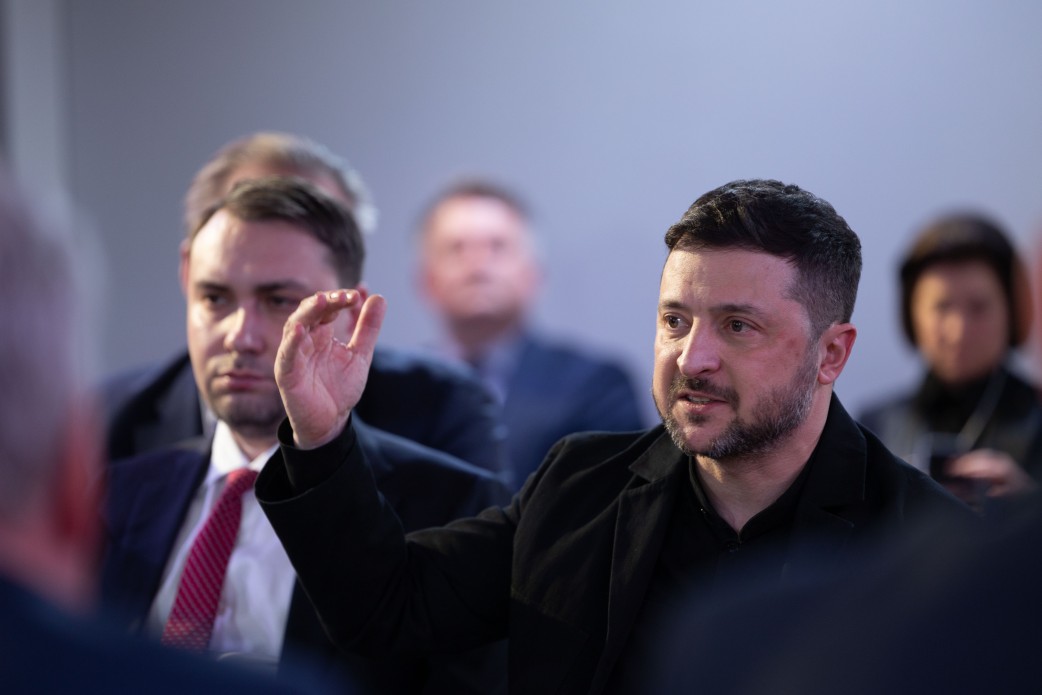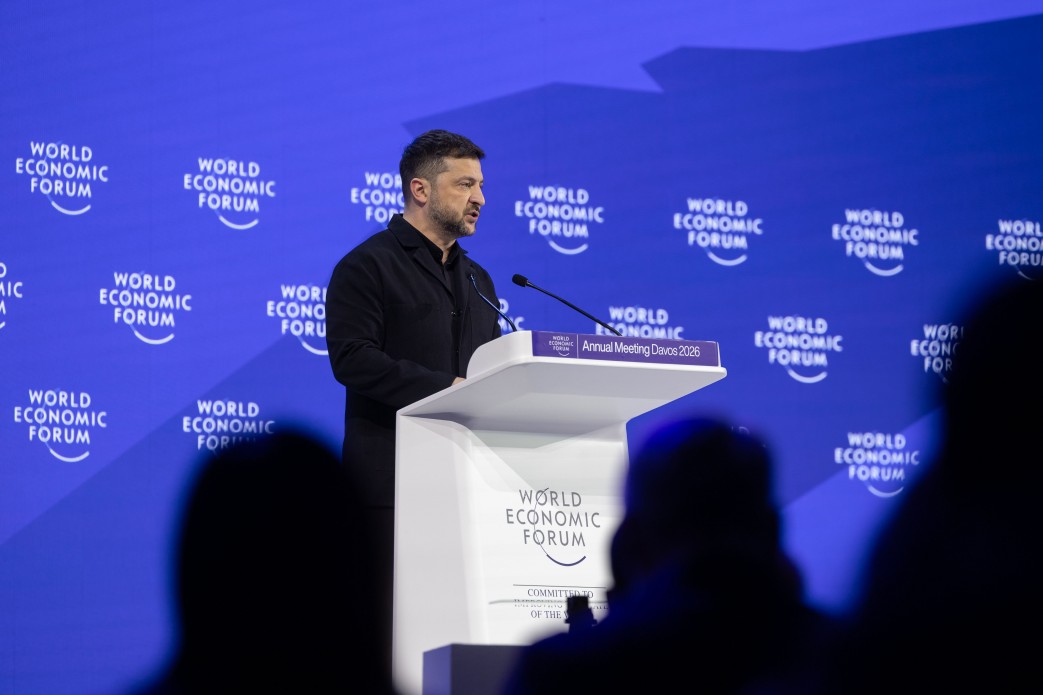Russia's presence in the civilizationally distant region of Syria is complicated by many factors, and it cannot fully dominate the region, whereas Belarus, a neighboring country under effective occupation, sees a much higher Russian presence and significantly higher stakes in losing it.
Mark Feygin, the Russian opposition leader, shared this opinion in an exclusive interview with Oboz.
"Despite the fact that Putin is indeed struggling with control in the regions where he claims authority, when we talk about Belarus, the control there is significantly higher due to objective reasons.
To be blunt, Russia's presence in the civilizationally distant region of Syria is complicated by many factors. Russia cannot fully subdue this region. Belarus, on the other hand, is a different case. It is essentially an occupied neighboring country, where Russia's presence is much stronger and where the stakes of losing it are much higher.
Yes, Russia has problems in Africa, not least because of the disappearance of the Wagner Group, which had created an effective control mechanism over elites, involvement in combat operations, and bribing rival tribal factions. In Syria, the achievements since 2016 were largely due to the Wagner Group and Prigozhin.
Yes, Putin is losing control in Syria, in certain African countries, over Hamas, and over Hezbollah, because these proxy structures of both Iran and Moscow are crumbling. In the Middle East, this process is undoubtedly progressing quickly due to the Syrian factor, as it is "contagious." Countries in the Persian Gulf, Arab sheikhdoms, and kingdoms will pay less attention to Moscow. However, this does not directly extrapolate to Belarus.
Belarus holds a unique position. In addition to Moscow's control, the political leadership, Lukashenko and his family, also try to maintain relations with Beijing – a more powerful master compared to Moscow. While China's interest may lie in economics and other factors, the political and military aspects remain largely under Moscow's control.
Therefore, I do not think that the so-called elections in Belarus will become a triggering event, considering the situation. With Russia's military presence and the complete destruction of civil society, it is unlikely that elections will provoke any kind of uprising.
The fate of Lukashenko's family and himself depends on the outcome of the war in Ukraine. If Moscow loses the war, then Lukashenko's family will have little chance of retaining power. If things remain as they are, the situation will likely stay as a status quo.
But overall, I would say there are still several questions regarding Moscow's position in the Middle East. It is unclear what will happen with Iran, which is a military ally of Moscow and supplies weapons for the war in Ukraine. What will happen with Southeast Asia and North Korea? The U.S. may pressure Beijing to curb its ambitions regarding Taiwan or its proxy in North Korea, to prevent the war from expanding by involving North Korea in the conflict in Ukraine.
Once Trump returns to power, issues with Iran and Beijing will likely be resolved, further weakening Moscow. Its geopolitical capabilities will diminish.'




















